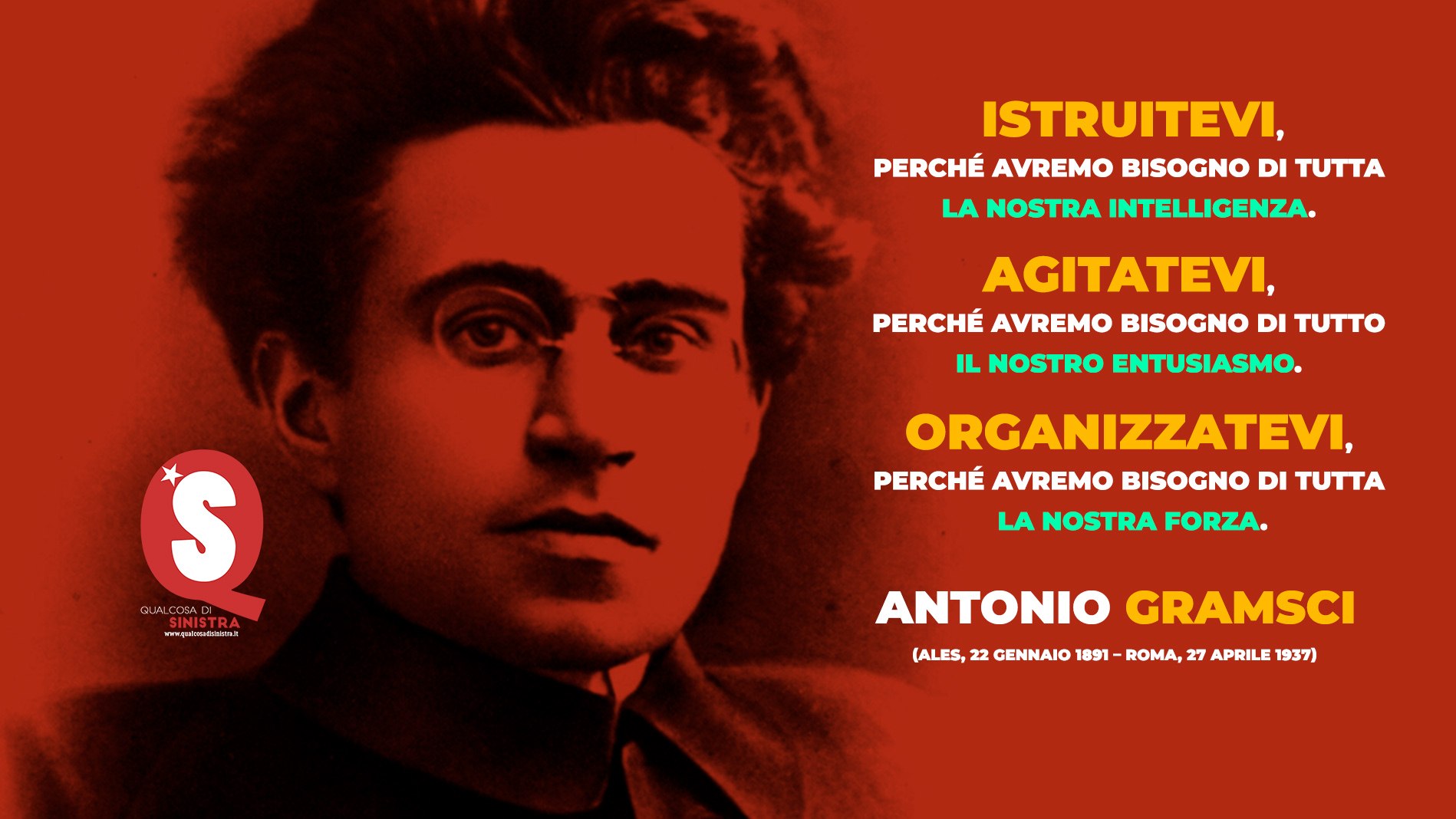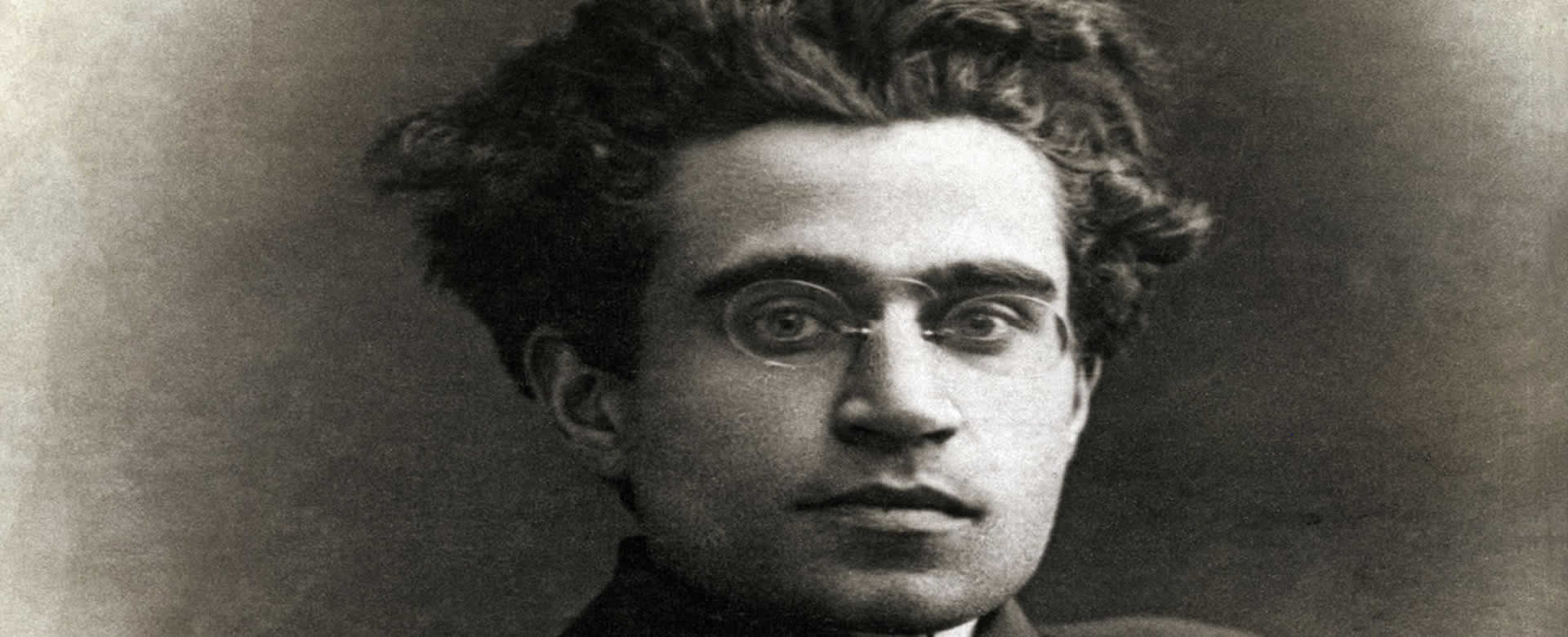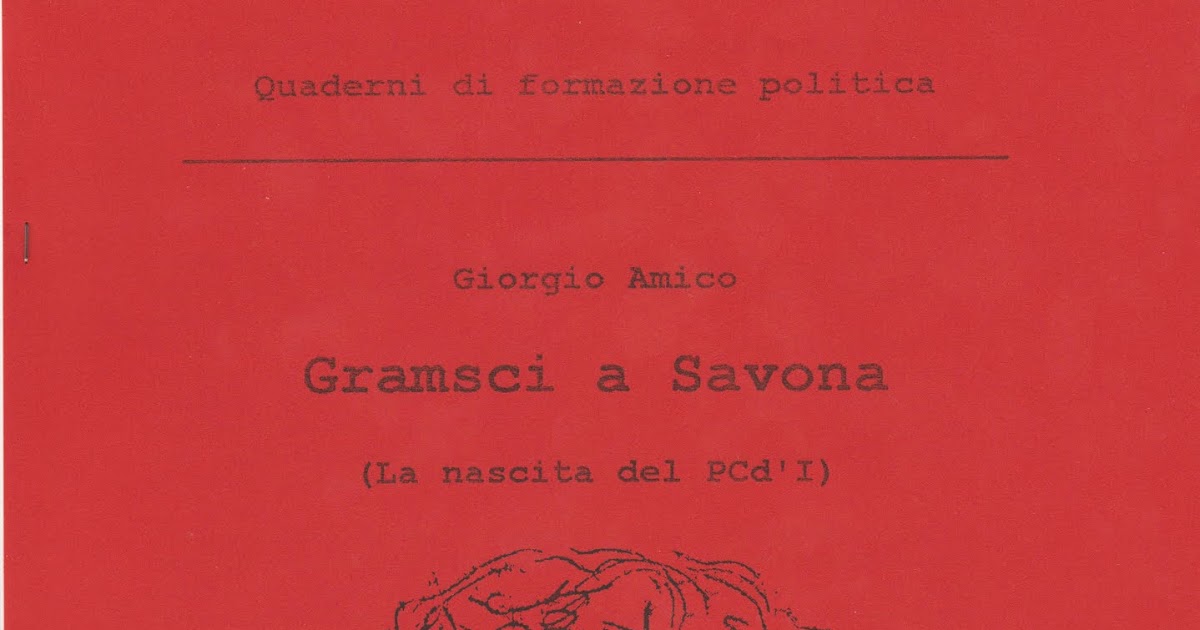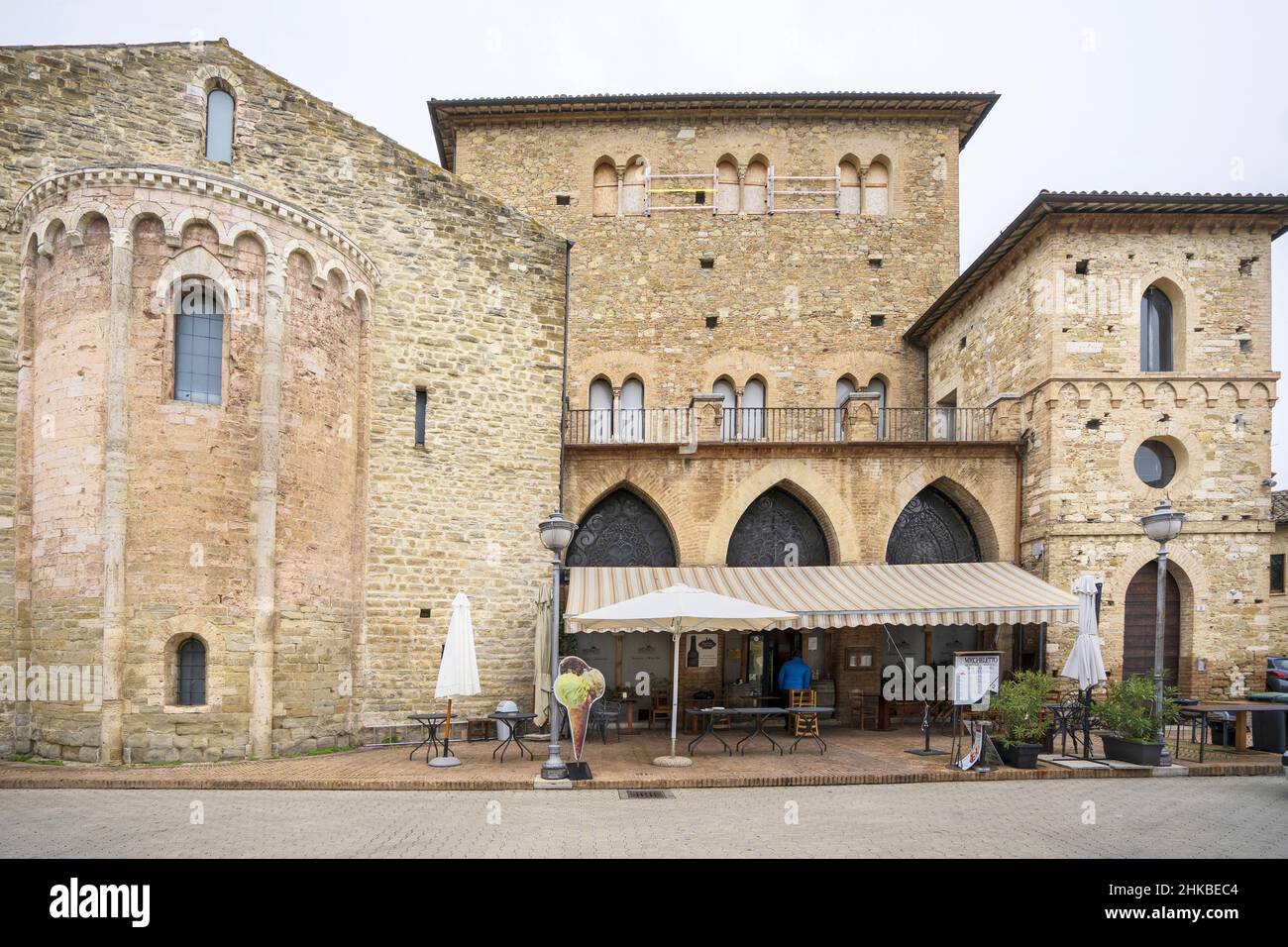Rerum Romanarum Via Antonio Gramsci
Antonio Francesco Gramsci, most widely known for his theory of hegemony, is a thought leader who has made significant contributions to education, philosophy, and politics. Born in Ales on the island of Sardinia and imprisoned in Italy in 1926, Gramsci died while incarcerated.

Antonio Gramsci, 130 anni e non sentirli Qualcosa di Sinistra
The liberal international order (LIO) is in crisis. The near-collapse of the global financial system in 2008; the emergence of 'statist' economies (especially the BRIC(S) states) as a counter-model; the rise of right-wing movements across Europe and the United States since the crisis; the Brexit vote and Trump's election in 2016—these are just the most obvious signs. 1 All these events.

Bevagna, Largo Antonio Gramsci, Vogelpredigt des hl. Franz… Flickr
Antonio Gramsci was an Italian journalist and activist who is known and celebrated for highlighting and developing the roles of culture and education within Marx's theories of economy, politics, and class. Born in 1891, he died at just 46 years of age as a consequence of serious health problems he developed while imprisoned by the fascist Italian government.

¿Sabías? Un 27 de abril de 1937 murió Antonio Gramsci Viva Nicaragua
In Gramsci's ideal world of cultural and ethical. hegemony, the philosophy of praxis has secured the consent of every one and, since the Marxist doctrine is the only ruling philosophy, it is. the dialectic which determines the pattern of human life. Everything is part of the new historical formation, and unrestricted.
En Batallas 27 abril 1937 Fallece Antonio Gramsci. Italia
The life, times, and ideas of Antonio Gramsci. Submitted by martin on 19 January, 2021 - 9:18 Author: Martin Thomas. Transcript of a talk at a Workers' Liberty Zoom forum on 17 January 2021. Download the Powerpoint used for the talk here. In February 1926 Stalin was challenged face to face by a non-Russian communist for the last time.

Año nuevo // Antonio Gramsci Lobo Suelto!
Antonio Gramsci was born in Sardinia in 1891. At a very young age he moved to Turin; it was in the Piedmontese capital that he was first attracted to socialist ideas, and where he joined the Italian Socialist Party (PSI). After the First World War, Italy was shaken by a two-year wave of strikes, worker and peasant protests.

ANTONIO GRAMSCI Ships Nostalgia
11.01.2021 History Books How Antonio Gramsci's Ideas Went Global By Marzia Maccaferri Antonio Gramsci was twentieth-century Italy's greatest intellectual. Fifty years ago, the English translation of Selections from the Prison Notebooks allowed his unorthodox Marxism to spread worldwide. A photograph of Antonio Gramsci dated 1921.

Vento largo Antonio Gramsci e la nascita del Partito comunista a Savona
Antonio Francesco Gramsci [6] [7] [anˈtɔːnjo franˈtʃesko ˈɡramʃi]; 22 January 1891 - 27 April 1937) was an Italian Marxist philosopher, journalist, writer, and politician. He wrote on . He was a founding member and one-time leader of the . A vocal critic of , he was imprisoned in 1926 where he remained until his death in 1937.

Rigenerazione di Largo Antonio Gramsci il Rotary proclama il progetto
University of Chicago Press, 328 pages, $35.00. As Gramsci's latest biographer, the French historian Jean-Yves Frétigné, reports in To Live Is to Resist: The Life of Antonio Gramsci, Gramsci.
AGIKgqMKgxz4PO05pKHVuRRzkXKENn2PuUDRFH6roA1B=s900ckc0x00ffffffnorj
Before reviewing the contents, a few words of Gramsci: Antonio Gramsci was one of the Leftist intellectuals imprisoned by the Fascist government in Italy. He was in prison between November 8, 1926 and August 24, 1935, when he was moved to a medical facility on health grounds. He died on April 27, 1937. His Prison Notebooks were started on.

Vento largo Antonio Gramsci e la nascita del Partito comunista a Savona
ABSTRACT. This article catalogues and contextualizes Antonio Gramsci's pre-prison newspaper articles on Futurism, as well as each reference to Futurism in the Quaderni del carcere, to show that Gramsci is equally attentive to aesthetic and political concerns in his evaluation of the movement, and that they present an evolving but coherent view.This perspective is conditioned by awareness of.

Largo Antonio Gramsci square, Village, Bevagna, Umbria, Italy, Europe
An Introduction to Gramsci's Life and Thought. Transcribed to www.marxists.org with the kind permission of Frank Rosengarten. Antonio Gramsci was born on January 22, 1891 in Ales in the province of Cagliari in Sardinia. He was the fourth of seven children born to Francesco Gramsci and Giuseppina Marcias. His relationship with his father was.

Antonio Gramsci Sergio Straface
Davidson, Alastair. Antonio Gramsci: Towards an Intellectual Biography. Leiden, The Netherlands, and Boston: Brill, 2016. DOI: 10.1163/9789004326309. First published in 1977 this book traces Gramsci's growth as a socialist revolutionary, connecting his early years as an activist with his later theoretical formulations.

Vento largo Antonio Gramsci a Savona. Il discorso al Teatro Chiabrera
Making Sense of Antonio Gramsci An interview with The Italian communist Antonio Gramsci left behind a rich and complicated legacy of thought on socialist strategy for transforming the world. Historian Michael Denning guides us through the great — and misunderstood — thinker. Interview by Daniel Denvir

in Svizzera c'è il mare Antonio Gramsci
Gramsci understood the civil society as an expression of what he called hegemony, that is, a pattern of established power relations among social groups in a given historical political situation - a "historic bloc". Hegemony is not simply a matter of domination; it also requires "direction" or, if one wishes, headship, consensual.

Antonio Gramsci
Gramsci stated that the working class can bring this change through the ideological element. Gramsci mentions this in his writings that cultural, ideological and intellectual elements are necessary features of the class struggle to be successful. Cultural Hegemony made ANTONIO GRAMSCI the most influential theorist of the 20 th century.